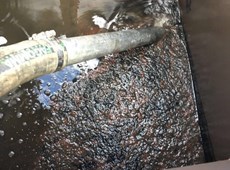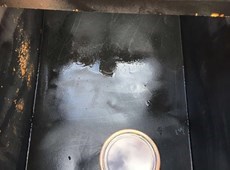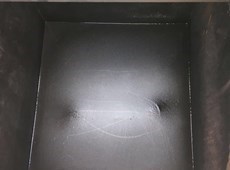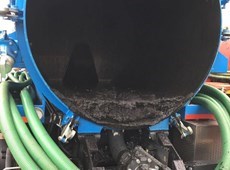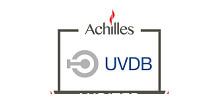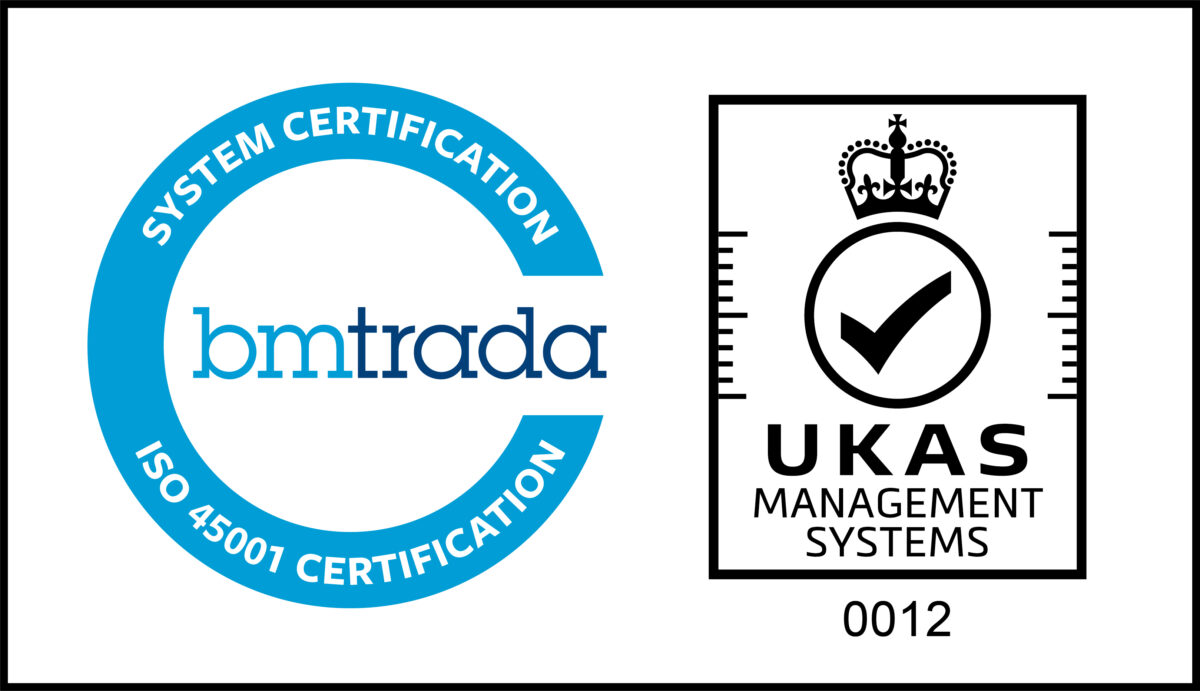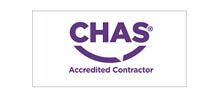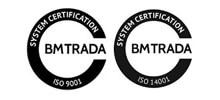Interceptor cleaning
The primary function of an interceptor is to separate oil from water. Interceptors work by trapping rainwater runoff from surfaces where oil is present. By trapping this runoff, they ensure that oil does not contaminate soil and water. Finally, the oil-free water passes through into a storm drain or outlet.
When are interceptors needed?
If you are having a site built and there is car parking or a commercial or industrial area, it is important to keep any contamination from entering the water course.
Having an interceptor will prevent this from happening and will make the site compliant with Environment Agency regulations.
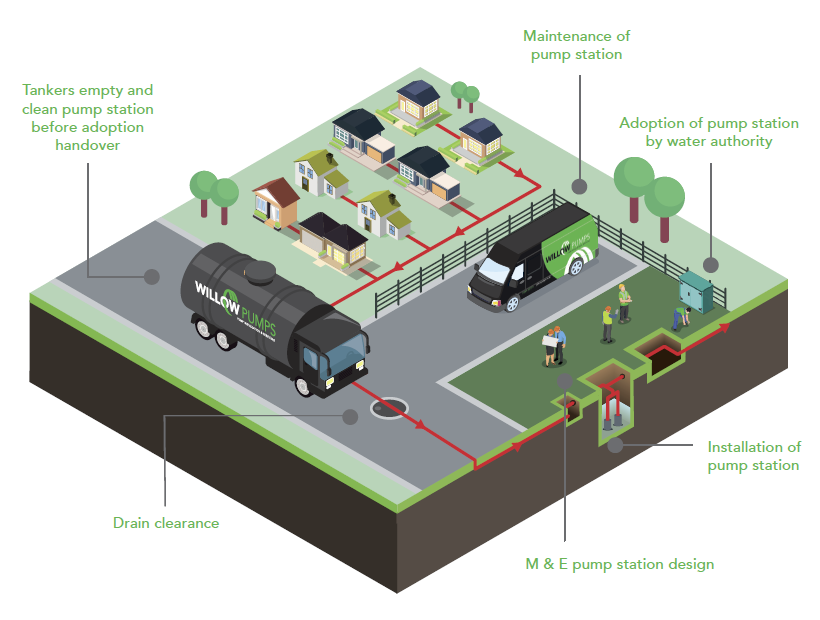
What can Willow Pumps offer you?
Willow Pumps drainage division have highly trained engineers and in-house tankers that are able to carry out the emptying and cleaning of any on-site interceptor.
Interceptors should be maintained and cleaned out on a regular basis. For commercial and industrial sites we recommend twice per year, and for normal sites (such as car parks) we recommend once per year. Removing the build-up of silts from the interceptor chambers will keep the waste disposal costs to a minimum.
If you do have a petrol or diesel spillage, we are able to attend site and carry out a full empty and clean. Each chamber will be emptied out and the chambers re-filled with water. The waste will be taken to a licensed waste disposal site.
FAQs
6000 gallons equates to 30 tonnes of weight.


